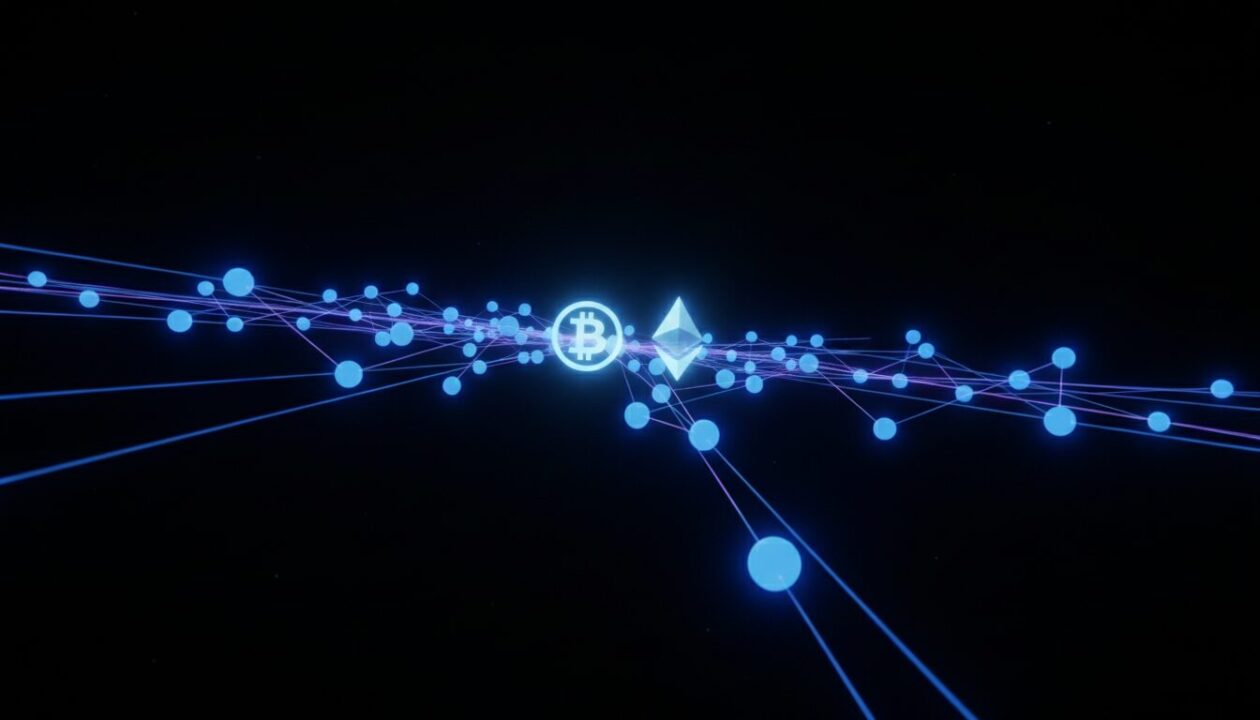Reports Emerge of a $100 Million ETH Sale to Fund New DeFi Project

In a significant move capturing the attention of the crypto market, a major Ethereum holder has reportedly liquidated $100 million in ETH to invest in a new Decentralized Finance (DeFi) protocol called Paydax (PDP). This large-scale capital rotation highlights a growing trend where investors seek alternatives to address some of the Ethereum network’s persistent challenges.
Ethereum’s Growing Pains Create New Opportunities
For years, Ethereum has been the dominant platform for DeFi. However, its success has also exposed structural weaknesses that new protocols aim to solve. The most prominent issue remains high and unpredictable transaction costs, commonly known as gas fees. These fees can make participating in DeFi prohibitively expensive for many users, turning simple transfers into costly operations.
Another concern involves Ethereum’s proof-of-stake system. While staking is crucial for network security, it currently has over 33 million ETH—nearly 28% of the total supply—locked and largely unusable for other financial activities. This creates a liquidity trap, where valuable assets are idle instead of being actively deployed. Newer protocols are emerging to address this inefficiency by offering more flexible and capital-efficient solutions.
Paydax’s Approach to DeFi Liquidity and Collateral
Paydax is designed to tackle these specific pain points. The project sidesteps Ethereum’s volatile gas fees by implementing a more predictable cost model based on lending spreads and origination costs. This structure aims to provide users with clearer and more stable transaction expenses.
The protocol also introduces a novel approach to staking. Instead of locking assets away, it allows users to put their staked tokens to work. Through its system, stakers can borrow, lend, or otherwise use the value of their staked assets without needing to wait for lengthy unstaking periods. This turns staking from a passive holding strategy into an active one.
Furthermore, Paydax expands the scope of accepted collateral beyond traditional crypto assets. The platform plans to allow users to borrow against real-world assets like gold, art, and other luxury goods, bridging the gap between digital finance and tangible value.
Early Traction in Presale Phase
While the reported $100 million investment has drawn major attention, the project is also gaining traction among smaller investors. The Paydax presale has reportedly raised over $822,000, with more than 50 million PDP tokens sold in its initial days. The token is currently priced at $0.015 during this phase.
This early momentum suggests a growing market appetite for DeFi solutions that promise better scalability, lower costs, and greater capital efficiency. As the DeFi landscape continues to evolve, projects addressing the core limitations of established networks are increasingly attracting investor interest.








